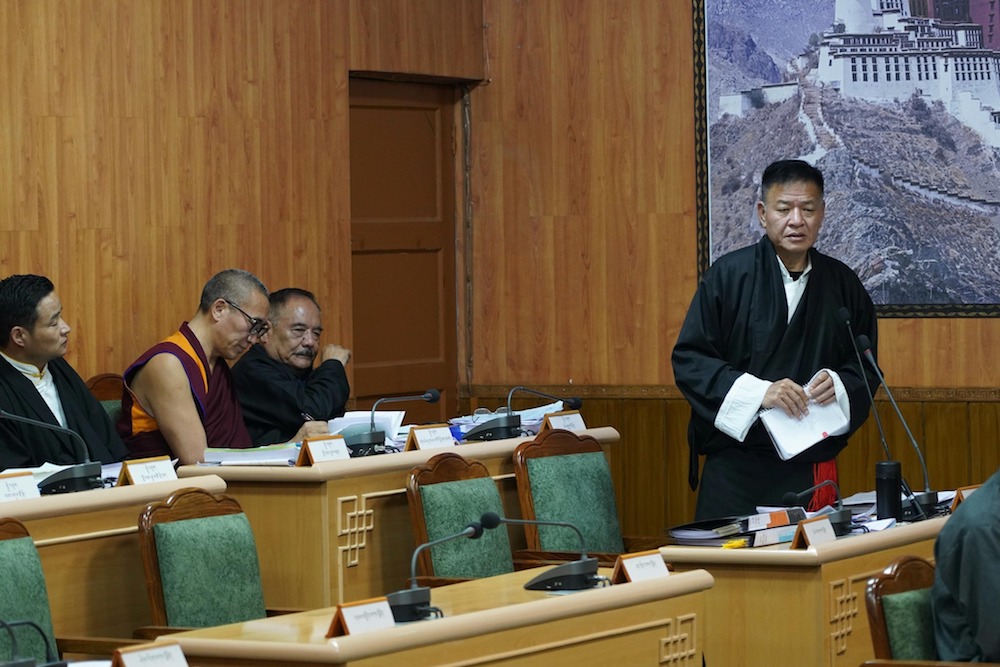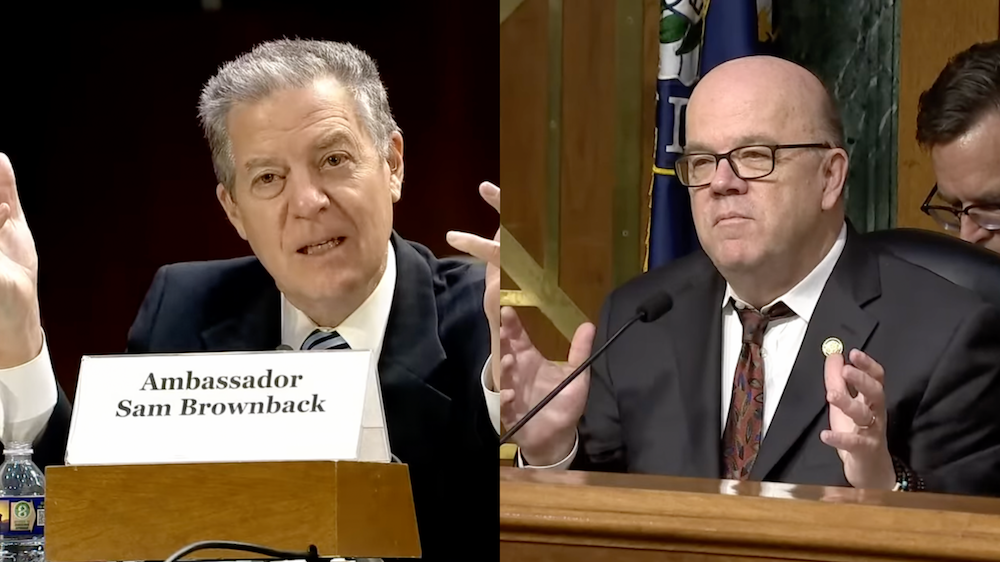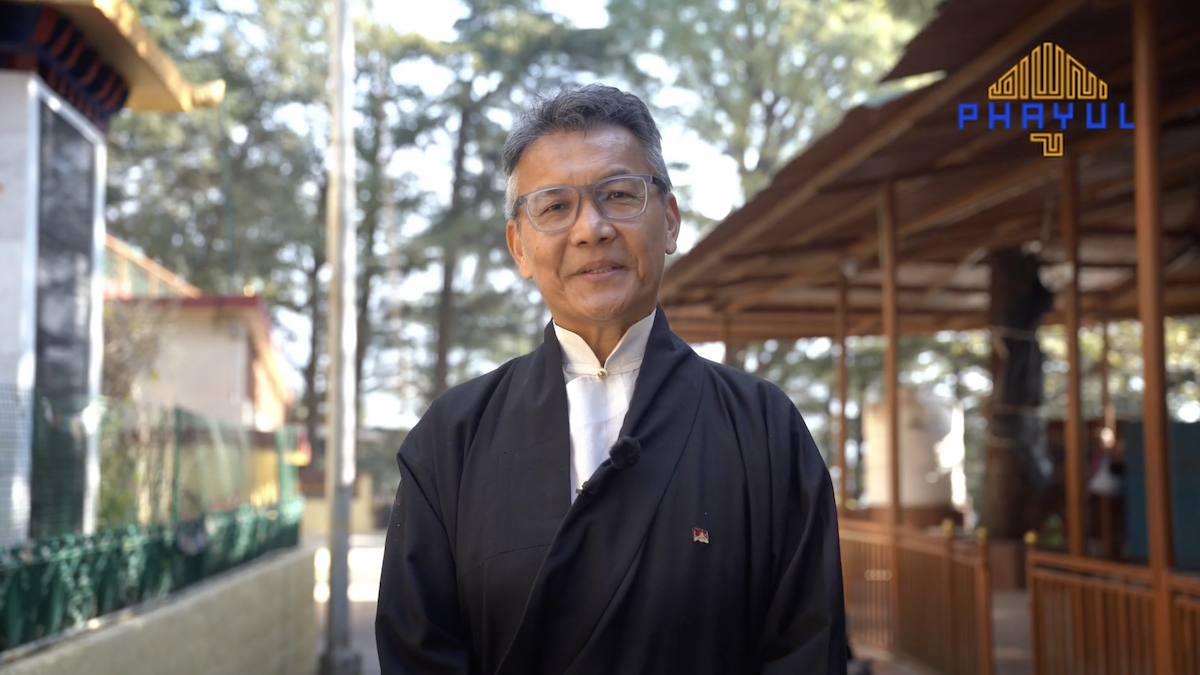Tsering Dhundup
DHARAMSHALA, Mar. 29: The Tibetan Parliament in Exile has voted to establish an ad hoc committee to review proposed changes to “the Rule of Budget” following extensive debate during its ninth budget session.
The amendment tabled by the 16th Cabinet (Kashag), which would create emergency procedures for government expenditures when normal governance structures are compromised, sparked extensive discussion among parliamentarians.
During the eleventh day of the 17th Tibetan Parliament’s ninth budget session, Central Tibetan Administration (CTA) President Penpa Tsering, who also serves as finance minister, presented the amendment as part of broader revisions to financial regulations governing exile Tibetan government funds. The proposal had been initially introduced on the sixth day of the current session before reaching its second reading on Friday.
The most contentious provision outlines contingency plans for financial decision-making during emergencies when either the Cabinet (Kashag) or both Cabinet and Parliament are unable to function. The proposed amendment would authorise the Parliamentary Standing Committee to approve expenditures if the Cabinet is unavailable. In scenarios where both Cabinet and Parliament are inoperative, a special committee led by the Cabinet Secretary and comprising department heads and ministerial office secretaries would make decisions through a two-thirds majority vote.
Parliamentary opinion was divided on the necessity of such measures. Proponents characterised the amendment as prudent preparation for potential future challenges, while critics argued it addressed hypothetical scenarios. Some representatives expressed concerns about the exclusion of the Parliamentary Secretariat from the proposed regulations and questioned whether the Cabinet anticipated circumstances that might render the CTA non-functional.
Finance Minister Penpa Tsering responded by emphasising that the amendment serves purely as a precautionary measure designed to prevent administrative paralysis in extraordinary situations. He assured Parliament that existing financial procedures would remain in place as long as the legislative body continues to operate. “There is absolutely no intention to transform the administration into a cooperative society,” Tsering stated.
Following the debate, Parliament voted 22-17 to refer the amendment to ad hoc committee for for thorough review.










